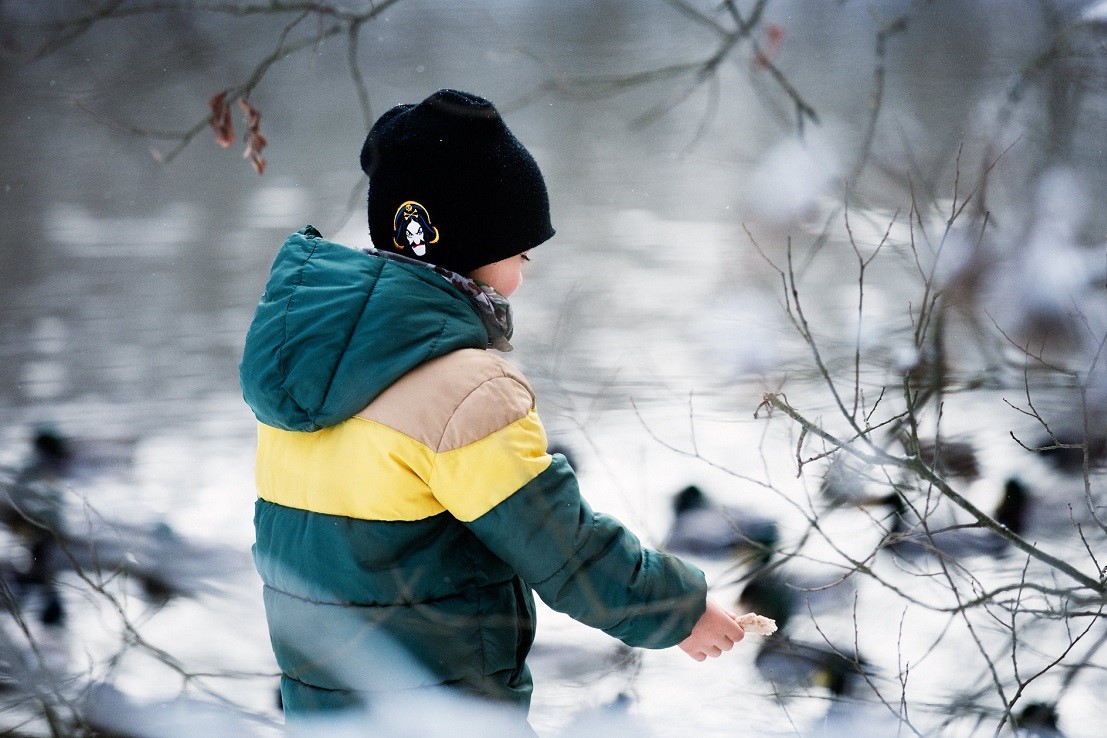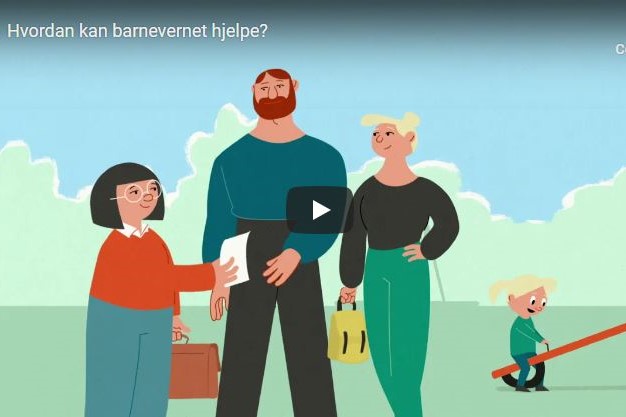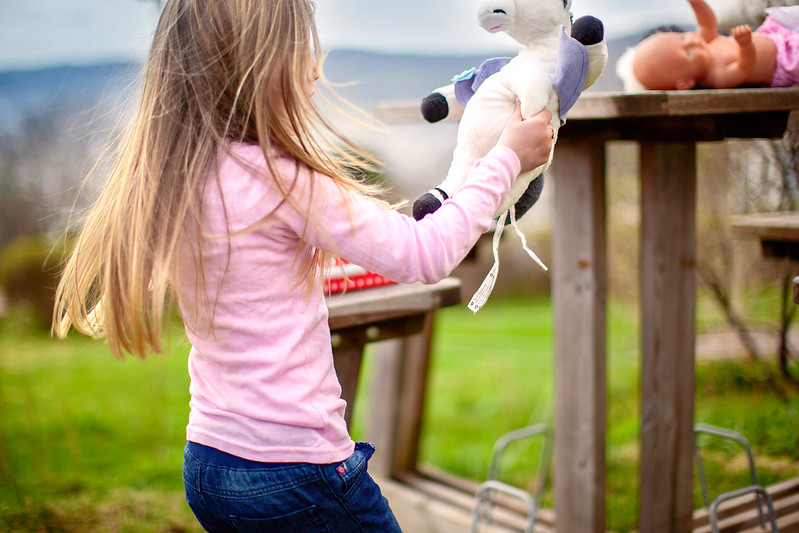The Child Welfare Services (CWS) in each municipality provides help and support to children, adolescents and parents who are experiencing challenges or difficulties within the family. The CWS may also get involved if a child needs help for other reasons, such as behavioral issues connected to drugs or alcohol.
Help for children at risk
The main goal is to ensure that children and adolescents who are living under conditions that represent a risk to their health and/or development receive the help they need when they need it, and to contribute to children and adolescents growing up in safe, secure and caring conditions.
Most children receiving assistance from the CWS remain with their family while the family receive home-based assistance. In more serious cases the CWS will consider more intrusive measures. This applies to neglect, violence and abuse. Violence against children is illegal in Norway. This applies to all forms of violence including corporal punishment and use of physical violence in child rearing.
The UN Convention on the Rights of the Child and the European Convention on Human Rights are incorporated into Norwegian law. The rights of children are also enshrined in Article 104 of the Norwegian constitution. The article states that “children have the right to protection of their personal integrity. The authorities of the State shall create conditions that facilitate the child’s development, including ensuring that the child is provided with the necessary economic, social and health security, preferably within their own family.”
Norway has its own Children Act and a Child Welfare Act. The Child Welfare Act regulates the work done by the Child Welfare Services in Norway, as well as the measures available to assist children in need of protection.
Main priciples
In Norway, child protection policies and regulations rely on three main principles:
The best interests of the child
The best interests of the child is a fundamental consideration in actions and decisions that affect children. The Child Welfare Services must base its actions on the best interests of the child. In cases where the child’s best interests conflict with those of the parents, the child’s rights must take precedence.
According to the Norwegian Child Welfare Act a child has the right to be heard and to participate in decisions and actions that affect them and to have those views taken into consideration. To make sure a child is heard and able to participate falls under the responsibility of the Child Welfare Services.
The biological principle
The biological principle underlines the importance of family ties. This means that the state has a duty to facilitate the child’s development, preferably within its own family.
The principle of ‘the least intrusive’ form of intervention
When there is a concern for the wellbeing of a child, the least intrusive form of intervention shall be implemented. The child may be placed out of the home only as a last resort and when homebased assistance has proved to be insufficient.
Structure of the child welfare services
Both the local and central authorities have duties and responsibilities in the child welfare field. The municipality is responsible for performing those functions under the Child Welfare Services Act which are not assigned to a central government body. All municipalities must have child welfare services that are responsible for the day-to-day work pursuant to the Act.
Read more about division of responsibility in the Child Welfare Services at government.no


